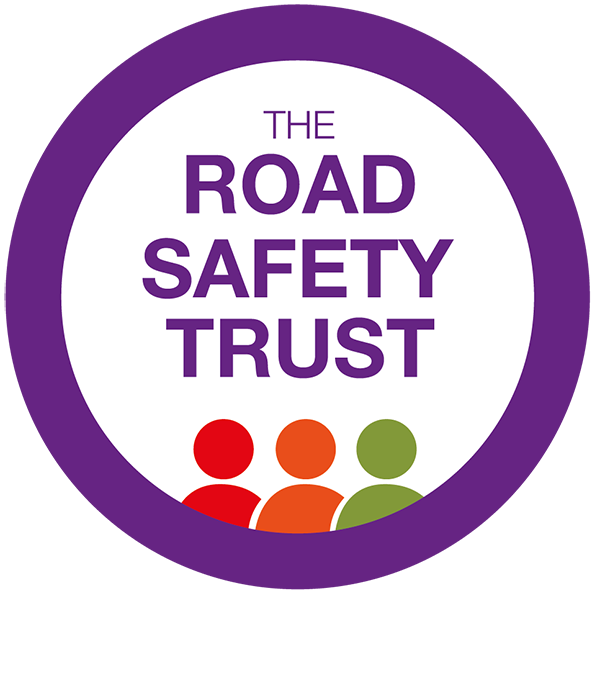Project aims to help identify motorists with dementia who are unfit to drive
A new project will set out to develop an effective screening test to identify individuals in the early stages of dementia who are unfit to drive.
Funded by The Road Safety Trust, the project is being led by Professor Andrew Morris, from Loughborough University’s Transport Safety Research Group.
Driving is a complex activity requiring a multitude of cognitive skills and abilities. For persons with dementia, driving inevitably becomes more difficult and they may become unsafe on roads.
Defective eye scanning (inadequate scanning, loss of central field advantage affecting response times etc) has been shown to be a feature in the early phases of dementia called mild cognitive impairment.
A decline in visual scanning skills, which help drivers judge risk and predict upcoming traffic problems, could play a large role in making people with early dementia unsafe drivers. For example, small changes in visual scanning may reduce reaction times and/or result in failure to notice important cues.
The project aims to investigate the accuracy of a non-invasive eye scanning technique to detect how and when changes in visual scanning skills are related to driving ability in older people with and without early dementia/MCI.
The results will be compared to the usual dementia screening tests used currently to determine fitness to drive.
Delivering the results of a fitness to drive test to the patient with dementia and their loved ones can be a difficult task for clinicians, therefore the project will also explore the needs and preferences of this feedback amongst people with cognitive impairment who are no longer able to drive safely.
Professor Andrew Morris said: “We are hoping to develop new processes for detecting when an individuals’ driving performance is critically affected by worsening performance on visual perception tasks.
"This can manifest itself in the very early stages of Alzheimer’s disease, but it can only be determined through careful evaluations involving screening of those affected.
"Our project is therefore looking to standardise screening tests that can be used in the general community. However, we realise that this can be a highly emotive issue, so we are also looking at ways to potentially lessen the impact of diagnosis."
Ruth Purdie OBE, chief executive of The Road Safety Trust, said: “It is well known that dementia, because it can affect an individual's fitness to drive, increases the chances of being involved in a collision.
“This project will hopefully improve the way in which we identify individuals in the early stages of dementia who are unfit to drive.”
To find out more about the project, visit the project page.

